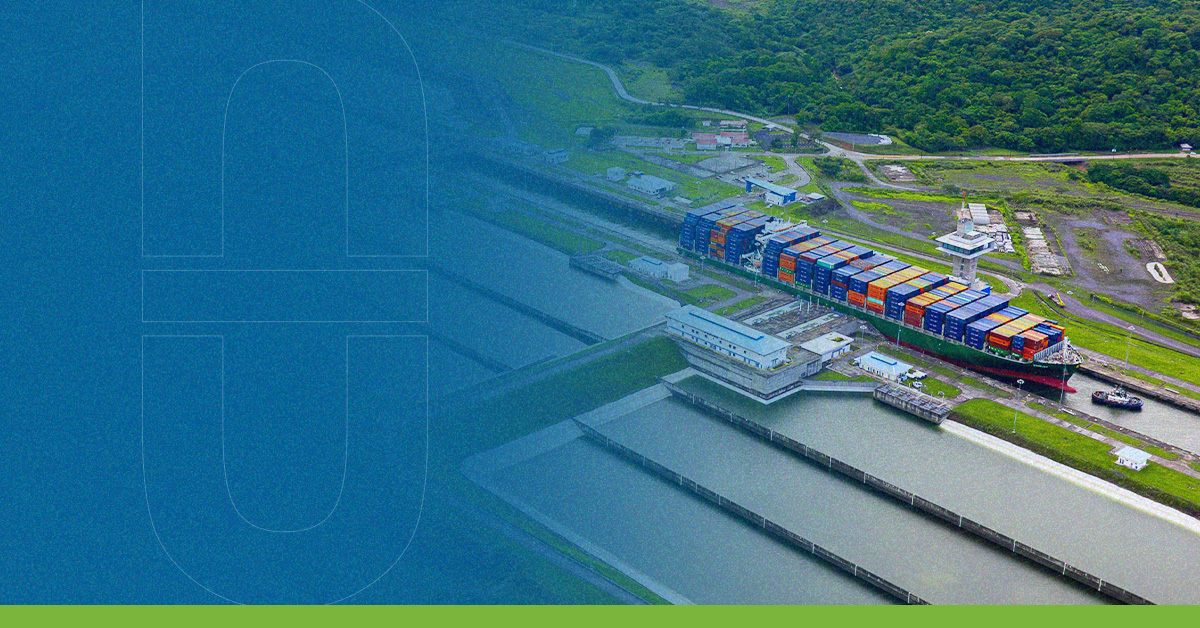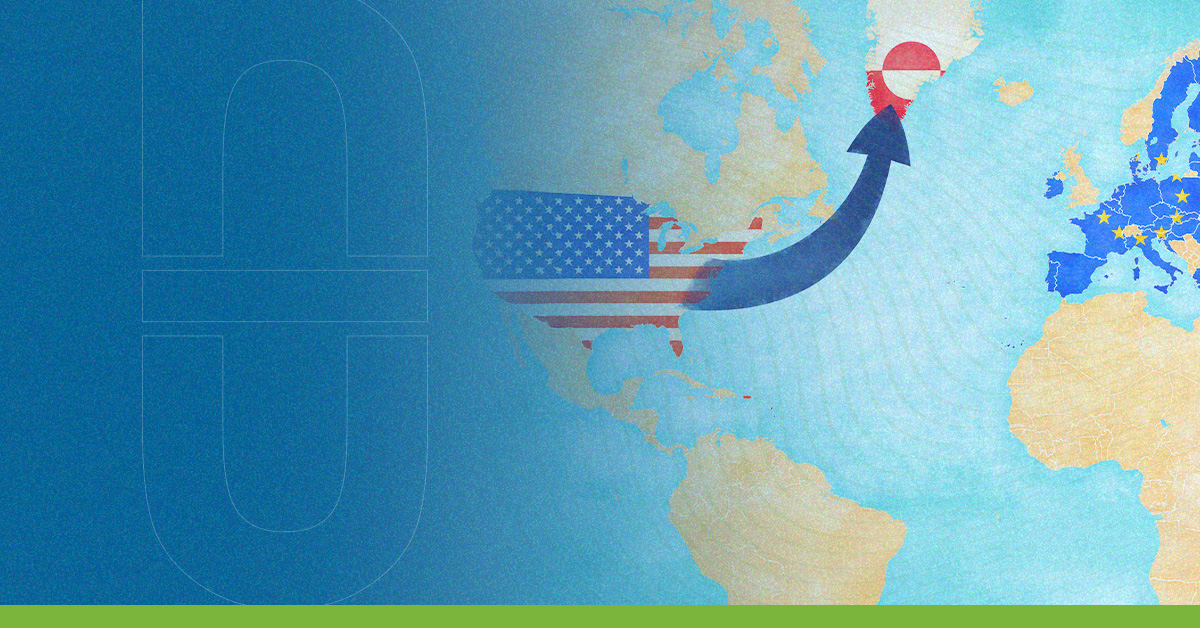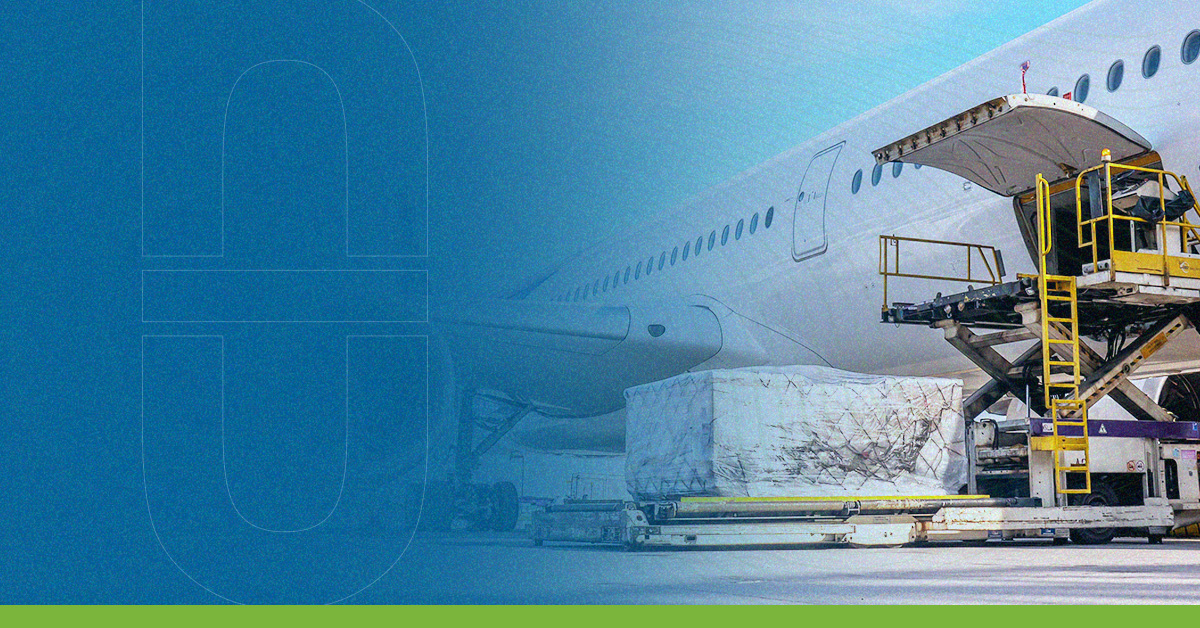Tension over a judicial decision regarding the concession of Panama Canal’s main ports has set off alarms across the logistics sector. An adverse ruling could paralyze interoceanic transit and trigger a crisis in global maritime trade.
A ruling that could reshape global commerce
The case, currently before Panama’s Supreme Court, challenges the validity of the concession contract for the terminals operating at both ends of the canal. These facilities handle more than 4 million TEUs annually and connect with over 60 international shipping routes.
According to the World Organization of Cities and Logistics Platforms (OMCPL), any operational suspension could cause an “unprecedented disruption” in supply chains, severely affecting the flow of goods between Asia, Europe, and the Americas. Transit times would increase, operational costs would rise, and the stability of global maritime trade could be shaken.
The most vulnerable industries are those with high logistical dependence—electronics, automotive, pharmaceuticals, and energy—whose production models rely on continuous intercontinental flows.
Mexico rises as a land-based alternative
As Panama faces legal uncertainty, Mexico is advancing with its Interoceanic Corridor of the Isthmus of Tehuantepec, a 188-mile railway connecting the Pacific and Atlantic oceans. Backed by over $8 billion in public and private investment, the project aims to capture a portion of the traffic that now depends on the canal.
During the severe droughts between 2022 and 2024, the Panama Canal was forced to restrict vessel transits and raise tolls, prompting shipping companies to explore alternative routes. Although Mexico’s corridor could handle only about 5% of the canal’s current capacity, it represents a strategic option to diversify interoceanic transport and reduce risks for global maritime trade.
Geopolitics, climate, and economy: a perfect storm
The Panamanian court dispute unfolds amid intensifying global competition for control of critical infrastructure. In early 2025, a U.S.-based investment fund and a major global shipping line acquired key port assets in Panama—a deal that could be nullified if the court rules against the concession’s validity.
Adding to the pressure are climate threats. Recent droughts cut vessel transits by 29% in 2024, particularly affecting liquefied natural gas shipments. While the canal’s 2025 fiscal recovery showed improvement, its dependence on freshwater remains a structural vulnerability.
In this scenario, Panama—long considered a “hub of hubs” for global logistics—now faces legal, environmental, and geopolitical challenges that could redefine its role in global maritime trade.
The future of the Panama Canal will be determined not only in courtrooms but also by the country’s ability to maintain stability in its strategic infrastructure. If the port concession is suspended, the impact on global maritime trade would be immediate—raising costs and forcing supply chains to find new routes.
The takeaway is clear: global logistics efficiency depends not only on technology and infrastructure but also on strong institutions that guarantee predictability in the world’s trade corridors.
You might also be interested in: Panama Canal in tension: United States challenges Panamanian sovereignty
Sources
Infobae. (2025, 24 octubre). Advierten que una decisión judicial en Panamá podría paralizar el tránsito marítimo interoceánico. Infobae. https://www.infobae.com/movant/2025/10/23/advierten-que-una-decision-judicial-en-panama-podria-paralizar-el-transito-maritimo-interoceanico-2/
Snow, J. (2025, 27 octubre). El Canal de Panamá tiene problemas más grandes que Trump. Quartz. https://es.qz.com/panama-canal-competencia-naviera-trump




